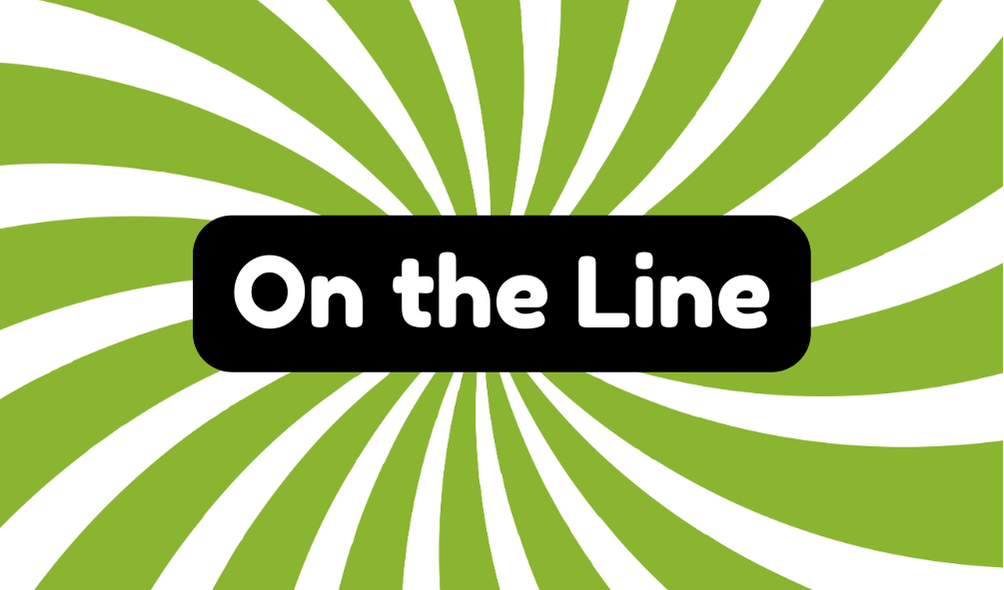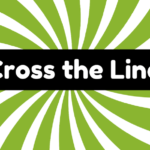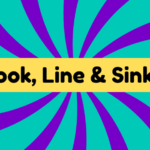The phrase "on the line" indicates that something important is at risk, often involving high stakes. Its origin traces back to the late 17th century, where money was literally put on a line in gambling. Examples include sentences like, "Your reputation is on the line in negotiations," highlighting the seriousness of the situation. Synonyms such as "in jeopardy" or "at risk" convey similar meanings. Today, this phrase remains relevant, as personal and professional choices can drastically impact lives. Understanding its implications is essential in maneuvering those risks. There's much more this phrase can teach you about contemporary challenges.
Synonyms
When considering synonyms for the phrase "on the line," there are several that might resonate depending on the context. These alternatives can deepen your understanding of what's at stake, especially in high-pressure situations. Here are three possible phrases you should know:
- At risk – This term highlights a significant danger or vulnerability.
- In jeopardy – Emphasizes the potential loss facing someone or something.
- On the edge – Portrays a precarious situation, balancing between safety and disaster.
These idiomatic expressions don't just change the wording; they convey unique nuances and emotional weights. Recognizing these options can elevate your communication, but remember, context is everything. Choosing the wrong phrase might confuse your audience rather than clarify your point. So, use them wisely!
Example of Sentences
Using the phrase "on the line" can vividly illustrate situations filled with tension or risk. You'll find this idiomatic expression useful in various contexts, especially when discussing risk management. Consider these examples:
- "In a high-stakes meeting, your company's reputation is on the line."
- "When investing, don't forget that your savings are often on the line."
- "During the game, every play had the team's championship on the line."
These sentences showcase how "on the line" encapsulates urgency or the potential for loss. It's important to understand the weight of such expressions; they can impact decision-making and personal accountability. So, be mindful of how you use them in innovative discussions—it could make all the difference!
Origin
The origin of the phrase "on the line" is rich and multifaceted, tracing back to the late 17th century and evolving through the 1940s. Its historical context reveals a connection to both British naval vessels and gambling influence, where money was literally placed on a line during bets. This reflects a serious risk and urgency, as lives or fortunes hung in the balance. The phrase's adoption in various settings can cause confusion, given its multiple meanings, from aligning troops to risking investments. While it's tempting to embrace a single origin story, the blend of interpretations from different professions shows that language evolves in unexpected ways, often shaped by the very risks it describes.
Collocations
Understanding collocations related to "on the line" enhances your grasp of its usage in various contexts. When you see this idiomatic expression, it often pairs with specific words, making its meaning even clearer. Here are a few collocation examples to keep in mind:
- Put it all on the line – This phrase emphasizes taking a significant risk.
- Life is on the line – Here, it highlights a situation where someone's life is at stake.
- Future on the line – This usage implies that one's future or success hangs in the balance.
Familiarizing yourself with these collocations enriches your understanding of "on the line" in communication. It is crucial to recognize the nuances of these idiomatic expressions to use them effectively.
How to Use in Everyday Language
In various scenarios, saying something is "on the line" can effectively convey urgency or risk. You might use it in sports alignment, like when a team's championship is on the line. It's crucial to grasp how this phrase resonates in our daily lives, involving everyday risk.
| Context | Example |
|---|---|
| Sports | "Their playoffs are on the line this weekend." |
| Business | "You're putting everything on the line with this investment." |
| Personal Decisions | "My health is on the line if I don't change my habits." |
Using "on the line" creates awareness; it introduces a reality we often overlook. Embracing this phrase fosters a better understanding of the stakes involved in various choices, promoting deeper reflection and calculated action.
Why Is It Still Relevant Today?
When you consider the high stakes in modern life, the phrase "on the line" remains highly relevant today. In an era marked by rapid change, this phrase captures the tension we often face in personal and professional settings. From risking investments to maneuvering global challenges, the current applications of "on the line" illustrate its importance. In business, decisions can determine outcomes that affect entire communities, revealing the cultural significance behind the term. As technology advances, the stakes grow even higher, drawing our attention to what truly matters. By examining how this phrase applies to both our experiences and society, we can better appreciate its enduring relevance amidst the complexities we encounter every day. Understanding this helps us navigate our futures more effectively.







